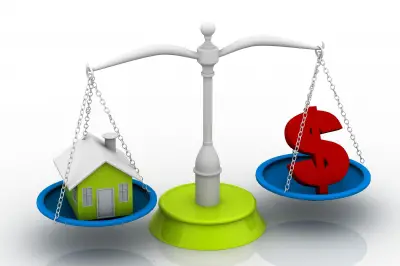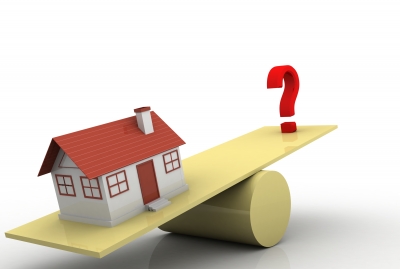Your mortgage is often your largest single expense every month. If you are already living on a tight budget, buying a home might be out of reach unless you can find a really good deal or you plan on doing some renovations yourself. Here are some things to consider when budgeting for a mortgage.
Create a Budget
Having a household budget can help you to get a handle on your financial situation. You may want to use a ledger to help you create a visual representation of your budget. Write down your monthly income of one side. On the other side, write down all of your monthly expenses. Determine if you have any extra income. Look at the amount that you have in savings. You will need this for a down payment and closing costs. Home expenses will likely be more than your current expenditure level. You will have to factor in the anticipated cost of your mortgage payment. You can use a mortgage calculator from a realtor’s site, like that of Team Campshure Walczyk , Resource One Realty, LLC, to help you in determining your home purchasing budget.
Select Your Terms
The amount of mortgage that you qualify for depends on several factors. It includes items like the interest rate, the length of your mortgage, and the purchase price of the home. The interest rate available to you depends on what the prime interest rate is and your credit score. Having a higher credit score can get you a lower interest rate. Selecting the term length of your loan will change the monthly payment. Loans are commonly either fifteen years or thirty years although some lenders will allow you to customize the term to be 10, 20 or 25 years as well. You also need to decide between a fixed interest rate and an adjustable interest rate aka. variable rate mortgage. Your down payment amount will change the total monthly payment of your mortgage.
Consider Taxes and Insurance Costs
When shopping for a mortgage, take into consideration if you would like to include your taxes and insurance costs. The mortgage company would then add a set amount to your monthly mortgage payment. This money goes into an escrow account. Your taxes and insurance would be directly paid from this account when they are due by the mortgage company. Your insurance company and property tax bills would go to both you and the mortgage company. If there are adjustments made in the amounts that are due annually, your mortgage payment would either decrease or increase. You want to ensure that you will have enough flexibility in your budget to absorb these extra costs. Many mortgage companies require this feature to be sure that you are maintaining proper coverage to ensure that they don’t suffer a loss should your home be totally destroyed. Although this does raise your monthly payments it also avoids your getting a large bill once a year that might be more difficult to pay.
Practice Saving Your Payment
Once you have roughly determined what your monthly payment will be, practice setting aside this amount each month. Put this money into a savings account so that you can build up a reserve. Examine your budget each month and determine your total impact. If you can safely live within these new means, then you are ready to move forward with making a home purchase. If you are struggling, you will have to reevaluate your financial situation. Also consider that you will have other monthly utility and maintenance costs in a home. You don’t want to purchase a home and then a few months down the road start the foreclosure process.
Owning a home can become a reality for you with some careful planning. Use these techniques to help you budget for a mortgage.
You might also like:


